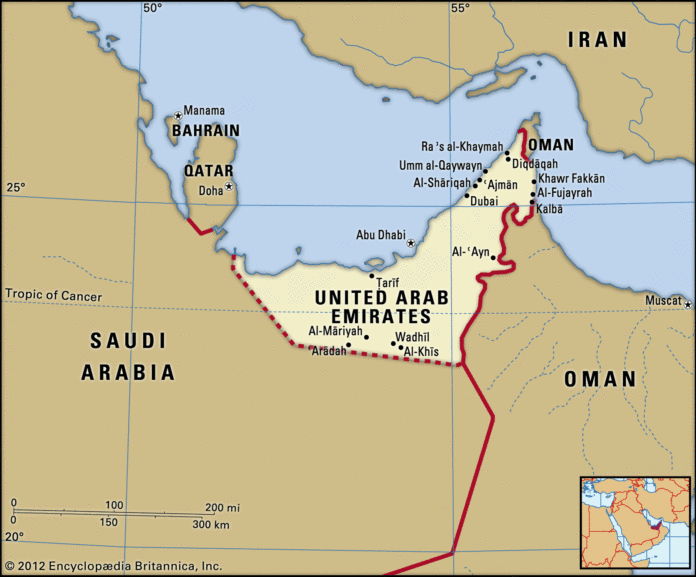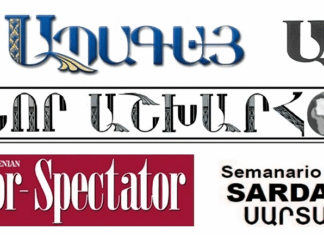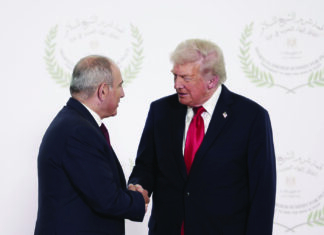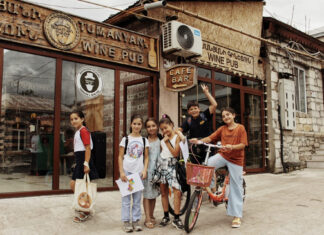By Saahil Menon
Having accepted the Armenia-Azerbaijan dossier after failed attempts at hosting ongoing Russo-Ukrainian peace discussions or indirect nuclear negotiations between Iran and the United States, Abu Dhabi’s credentials as an honest broker remain highly questionable.
On July 2, 2025, the London-based online news outlet Middle East Eye reported that the heads of state of arch-foes Armenia and Azerbaijan were set to meet each other imminently in Dubai for normalization talks. Sure enough, this came to pass a mere eight days later — albeit under the aegis of Abu Dhabi’s ruling elite as opposed to the far less politically active House of Maktoum. Yet unlike previous encounters in Moscow, Brussels and Washington, Armenian Prime Minister Nikol Pashinyan and Azeri President Ilham Aliyev were left to their own devices this time around for a five-hour long tête-à-tête with no third-party oversight or involvement. It is not clear why the agenda-driven Emirati leadership agreed to a strictly bilateral format that would deny them bragging rights had a major breakthrough been achieved on their soil.
Nonetheless, the fact that pro-Aliyev think tanks like the Topchubashov Center and the Center of Analysis of International Relations (AIR Center) appeared exceedingly bullish on the choice of venue goes to show how Abu Dhabi is anything but the impartial and well-meaning arbiter it masquerades as. The Azeri dictator, for his part, is something of an equal opportunity provocateur who managed to make as much an enemy of the West in recent years as he has key Global South players including Russia, India and Iran. Thanks to its so-called “zero problems” foreign policy doctrine and relative proximity to the South Caucasus, the UAE was deemed a mutually palatable destination for a summit of such magnitude to take place. That said, there is no denying the Trump administration’s outsized role in handing the Emirati government this much-needed PR win against the backdrop of burgeoning intra-GCC competition.
Upon assuming his second term in office, U.S President Donald Trump established an unwritten quid pro quo with the Persian Gulf monarchies whereby they would get to share the spoils of restoring world peace in return for ploughing hundreds of billions — if not trillions —of dollars into the American economy. From the standpoint of an image-conscious UAE, indulging in high-stakes diplomacy to gloss over its less than stellar human rights record and military misadventures across the MENA region makes eminently good sense — no matter the asking price. During an official visit to the White House four months ago, Emirati National Security Advisor Tahnoon Bin Zayed Al Nahyan announced plans to invest $1.4 trillion in the United States over the next decade while an additional $200 billion worth of commercial deals were clinched when Trump frequented the UAE last May.
With Saudi Arabia likewise proposing a $600 billion capital injection and Qatar playing into Trump’s vanity by gifting him a $400 million luxury jet on top the $500 billion its sovereign wealth fund had allocated to the U.S market, the GCC’s most influential member states have found themselves in a bidding war of sorts for preferential treatment from Uncle Sam. Admittedly, these lofty financial commitments did earn Trump’s Middle Eastern patrons a seat at negotiating tables they would otherwise have probably never been a part of – whether it be the three rounds of Russia-Ukraine ceasefire talks held in Riyadh and Jeddah at Washington’s behest or the peace declaration Rwanda and the Democratic Republic of Congo (DRC) signed last week in Doha following three months of Qatari-mediated deliberations.








